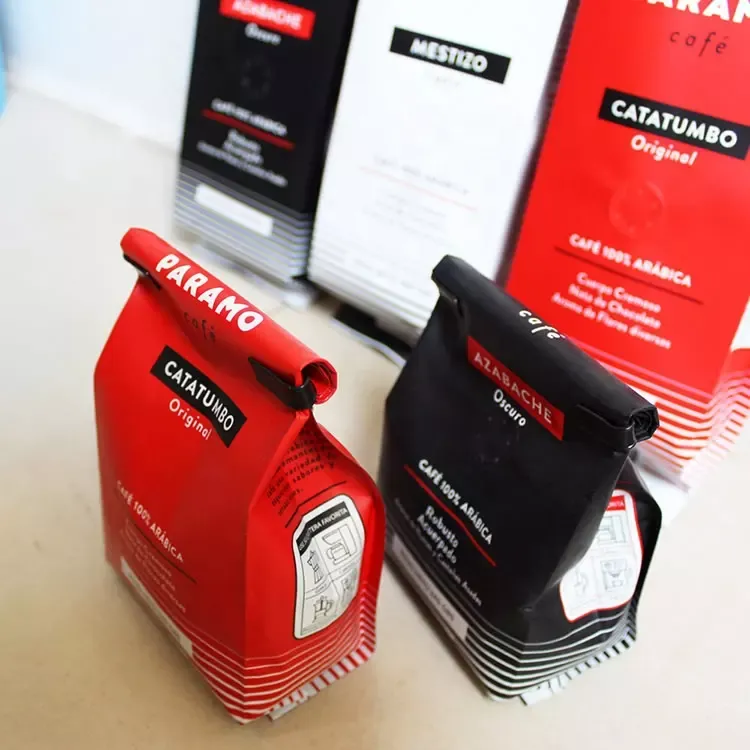- Afrikaans
- Albanian
- Amharic
- Arabic
- Armenian
- Azerbaijani
- Basque
- Belarusian
- Bengali
- Bosnian
- Bulgarian
- Catalan
- Cebuano
- chinese_simplified
- chinese_traditional
- Corsican
- Croatian
- Czech
- Danish
- Dutch
- English
- Esperanto
- Estonian
- Finnish
- French
- Frisian
- Galician
- Georgian
- German
- Greek
- Gujarati
- haitian_creole
- hausa
- hawaiian
- Hebrew
- Hindi
- Miao
- Hungarian
- Icelandic
- igbo
- Indonesian
- irish
- Italian
- Japanese
- Javanese
- Kannada
- kazakh
- Khmer
- Rwandese
- Korean
- Kurdish
- Kyrgyz
- Lao
- Latin
- Latvian
- Lithuanian
- Luxembourgish
- Macedonian
- Malgashi
- Malay
- Malayalam
- Maltese
- Maori
- Marathi
- Mongolian
- Myanmar
- Nepali
- Norwegian
- Norwegian
- Occitan
- Pashto
- Persian
- Polish
- Portuguese
- Punjabi
- Romanian
- Russian
- Samoan
- scottish-gaelic
- Serbian
- Sesotho
- Shona
- Sindhi
- Sinhala
- Slovak
- Slovenian
- Somali
- Spanish
- Sundanese
- Swahili
- Swedish
- Tagalog
- Tajik
- Tamil
- Tatar
- Telugu
- Thai
- Turkish
- Turkmen
- Ukrainian
- Urdu
- Uighur
- Uzbek
- Vietnamese
- Welsh
- Bantu
- Yiddish
- Yoruba
- Zulu
pcr post consumer recycled
Understanding PCR Post Consumer Recycled Materials
In today’s environmentally conscious world, the term PCR—Post Consumer Recycled materials—has become increasingly prominent in discussions surrounding sustainability and waste management. As we grapple with the consequences of mass consumption and waste production, it is essential to understand what PCR materials are, their significance, and their application across various industries.
What are PCR Materials?
Post Consumer Recycled materials refer to products that have been recycled after their initial use by consumers. Unlike pre-consumer recycled materials, which are scraps or byproducts generated during manufacturing, PCR materials are derived from products that have already served their purpose and entered the consumer market. This includes items like plastic bottles, aluminum cans, paper products, and glass containers.
The process of utilizing PCR materials begins with proper collection and sorting after disposal. Once collected, these materials undergo systematic recycling processes where they are cleaned, processed, and transformed into raw materials that can be used for producing new products. This recycling not only conserves resources but also helps reduce the volume of waste sent to landfills and lowers the environmental footprint associated with the production of new materials.
Importance of PCR in Sustainability
The significance of PCR materials in promoting sustainability cannot be overstated. First and foremost, the use of recycled materials contributes significantly to reducing the demand for virgin raw materials. This decreased demand leads to lower extraction rates, minimizing the ecological damage caused by mining, logging, and drilling. Furthermore, recycling materials consumes less energy compared to producing goods from new materials, thereby reducing greenhouse gas emissions and our overall carbon footprint.
Moreover, the incorporation of PCR materials in products fosters a circular economy, where the life cycle of materials is extended through reuse and recycling. This paradigm shift promotes a sustainable approach to consumption, encouraging businesses to design products that can easily be recycled and repurposed rather than disposed of.
PCR in Different Industries
pcr post consumer recycled

Various industries are increasingly adopting PCR materials as part of their commitment to environmental responsibility. The packaging industry, for example, has made significant strides in utilizing PCR plastics in products such as bottles and food containers. Companies like Coca-Cola and Unilever have set ambitious goals to enhance the percentage of PCR content in their packaging, demonstrating a larger trend toward sustainable packaging solutions.
Additionally, the textile industry is also pivoting towards incorporating PCR materials. The rise of recycled polyester, made from post-consumer plastic bottles, has opened new avenues for sustainable fashion. Brands are actively marketing collections that emphasize the use of recycled materials, enabling consumers to make environmentally friendly choices without compromising on quality or style.
The construction and automotive industries are also leveraging PCR materials. For instance, recycled rubber from tires can be used in road construction, while various components in automobiles, such as interior panels and insulation, can now be made from recycled plastics. These innovations not only minimize waste but also reduce production costs, allowing companies to save money while reinforcing their commitment to sustainability.
Challenges and Future Outlook
Despite the myriad benefits associated with PCR materials, challenges remain. The quality and availability of recycled materials can fluctuate, leading to inconsistencies in production. Additionally, raising consumer awareness and ensuring efficient recycling systems are critical to increasing the supply of PCR materials.
However, as technological advancements continue to evolve, the future of PCR materials looks promising. Innovations in recycling technologies, coupled with growing public awareness and demand for sustainable products, are likely to spur further development and integration of PCR materials across various sectors.
Conclusion
In summary, Post Consumer Recycled materials play a crucial role in fostering sustainability. By reducing waste, conserving resources, and promoting a circular economy, PCR materials offer a viable solution to some of the pressing environmental challenges we face today. As industries and consumers alike embrace the importance of recycling, we move closer to a more sustainable future, proving that every small action can contribute to a larger impact. Understanding and supporting the use of PCR materials is essential for building a greener planet for generations to come.













